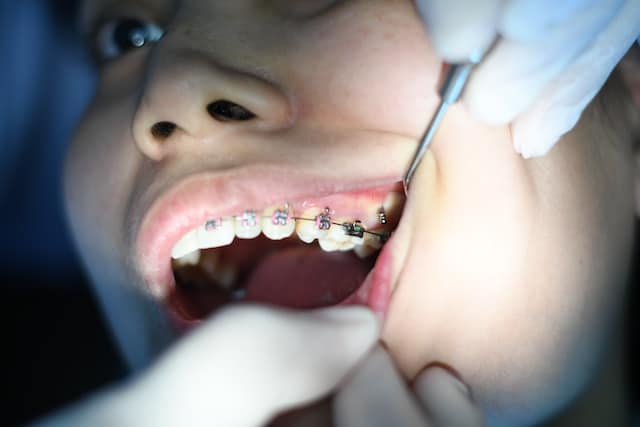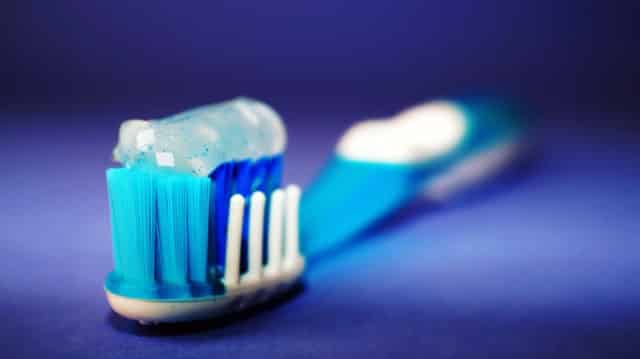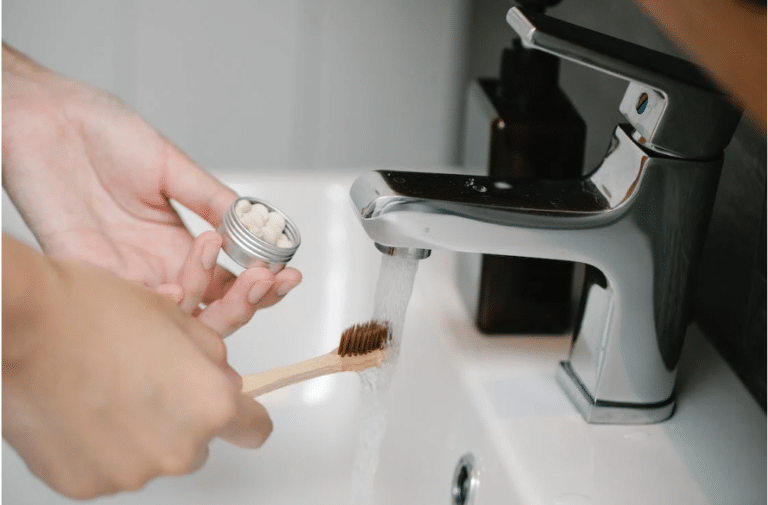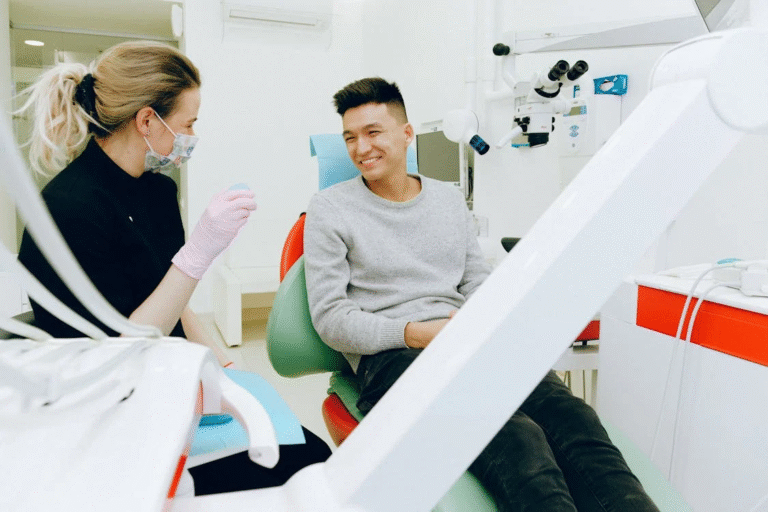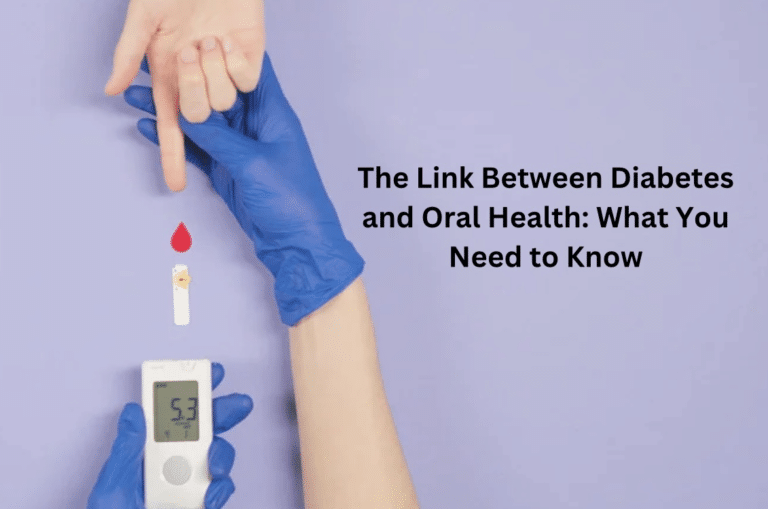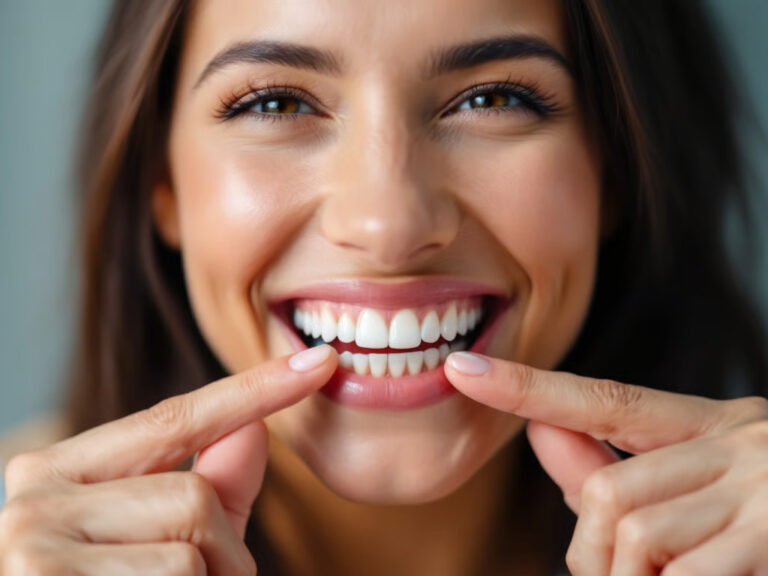Dental Care with Braces for Diabetic Patients
Dental problems are quite common in diabetes patients because diabetes affects the body’s ability to regulate blood sugar levels, and this can have an impact on oral health and wound healing. Now, you may have a reasonable question if you are diabetic – can I still go ahead with orthodontic treatment like braces? The answer is yes! Read on for top things to know about braces and diabetes.
If diabetes is adequately controlled, you can go for orthodontic treatment and achieve satisfactory results. However, you will need to be extra careful to avoid any risks related to dental health and recovery post-treatment. Here are some things to consider if you’re considering getting braces and looking to avoid any unnecessary surprises:
-
The state of Teeth Should be Good
Diabetes and braces together may be a problem if your oral health isn’t great and the teeth are not in good condition. The pressure from braces can weaken the gums further and cause the teeth to start breaking. Your orthodontist would only suggest getting braces if your teeth are in good shape and state.
-
Tobacco and Alcohol can be Dangerous
Smoking and alcohol can affect the health of your gums and teeth, increasing the risk of periodontal disease and tooth decay. Smoking can also increase the risk of infection as well as impair wound healing. So, make sure to avoid alcohol and tobacco consumption in any form during your orthodontic treatment.
-
Brushing and Flossing Every Day is Important
People with braces often have to make extra efforts to maintain their oral health. And with diabetes, it becomes all the more important since infections can complicate the treatment. So, make sure to brush your teeth post all meals and floss every day to keep your dental health optimum.
-
An Antibacterial Mouthwash is a Must
Once you get braces, consider using an antimicrobial mouthwash as recommended by your orthodontist or dentist. An antibacterial mouthwash with fluoride will instantly destroy bacteria and strengthen enamel for healthier gums and teeth.
-
Staying Hydrated Combats Dry Mouth Problems
Staying hydrated will help saliva production and prevent the dry mouth problem associated with diabetes and braces. So make sure to drink plenty of fluids to keep water levels in your body up.
-
Regular Dental Check-Ups are Essential
Diabetes and oral health problems can often go hand in hand. On top of it, the risk of infections is generally higher in diabetic individuals due to compromised immune responses. Therefore, it is critical to diligently follow your dental check-up routine so issues can be detected and fixed early on.
-
Blood Sugar Must Be in Control at All Times
Normal blood sugar levels help fight off fungal and bacterial infections. They also relieve the problem of dry mouth common in diabetes. So, monitor your blood sugar levels regularly and be prepared to adjust your diabetes management plan if needed, especially if you notice any unusual fluctuations.
-
Sugary Foods and Drinks Should be Limited
Sugary foods and drinks can coat your teeth and braces with sugar, increasing the risk of cavities and staining. And this is something that diabetics cannot risk. So, cut back on sugary drinks like sodas, fruit juices, energy drinks, and sweetened teas. And for snacking, choose low-sugar options like cheese, yogurt, nuts, seeds, and raw vegetables.
-
Regular Medication and Strictly Following Instructions is Key
With braces, oral care becomes extremely critical for people. But if you have diabetes, following all instructions given by your orthodontist becomes even more necessary. So, make sure your eating and care habits are reliable. Also, ensure to take medication on time regularly to avoid any risks.
-
Morning Appointments can be Helpful
Morning appointments are usually better since you can have a light breakfast and medication before your check-up. They prevent any disruptions to your routine and ensure you do not miss a dose. So, if feasible, consider making morning appointments for your dental check-up.
Diabetic patients are already at an increased risk of facing oral health complications. Furthermore, proper oral care becomes even more crucial with braces. Make sure to follow the tips and keep the pointers discussed above in mind; you will certainly see the wonderful results you are expecting with braces and diabetes.
Image Credit
